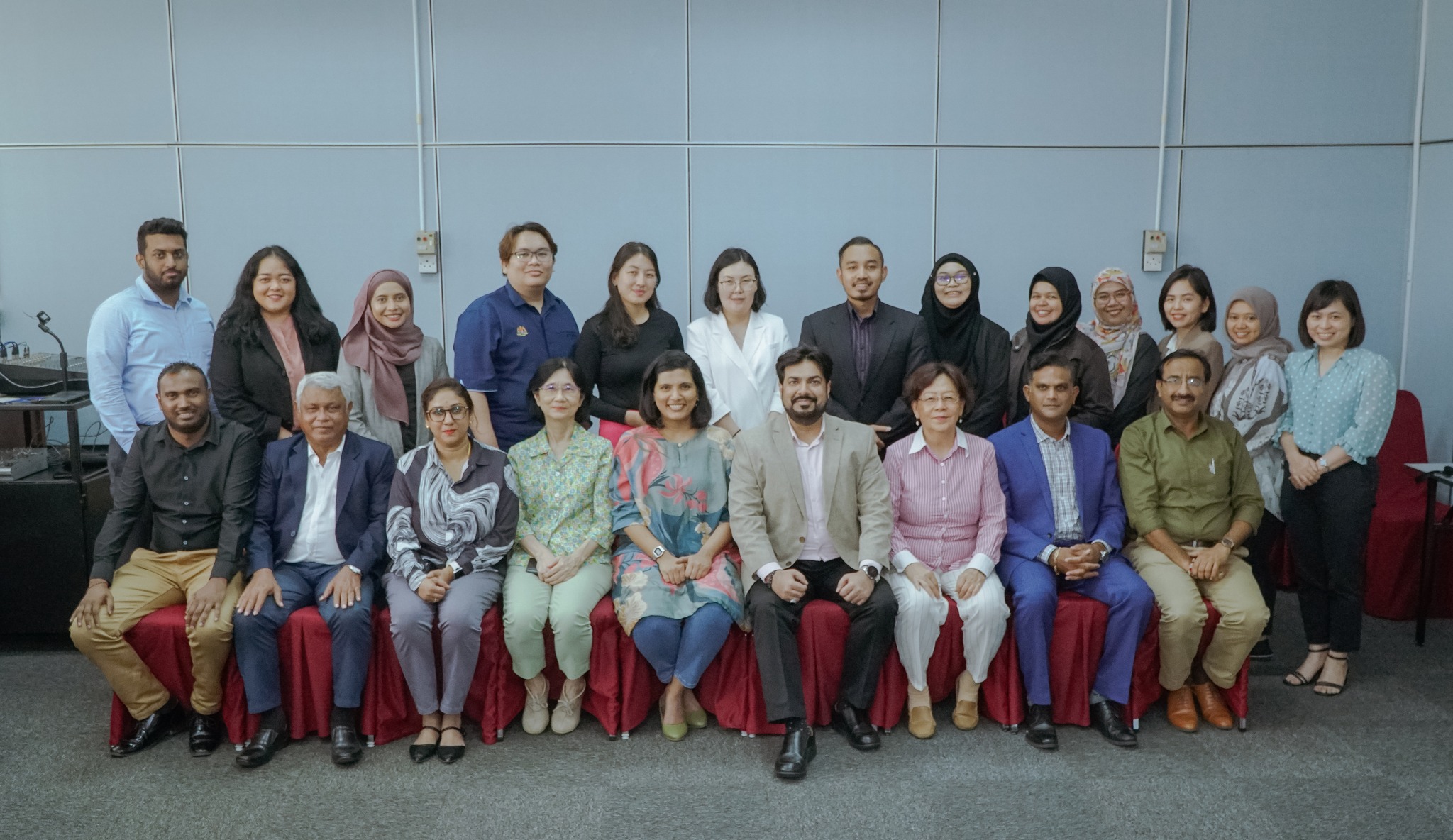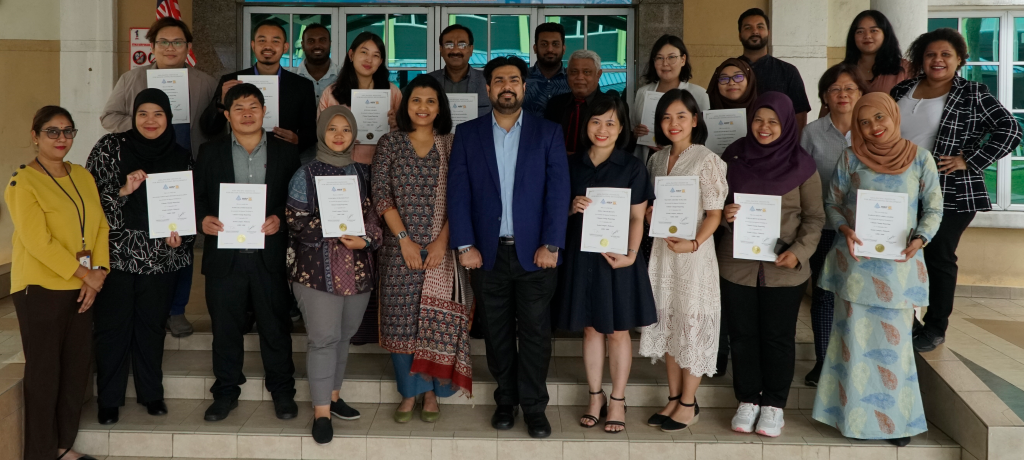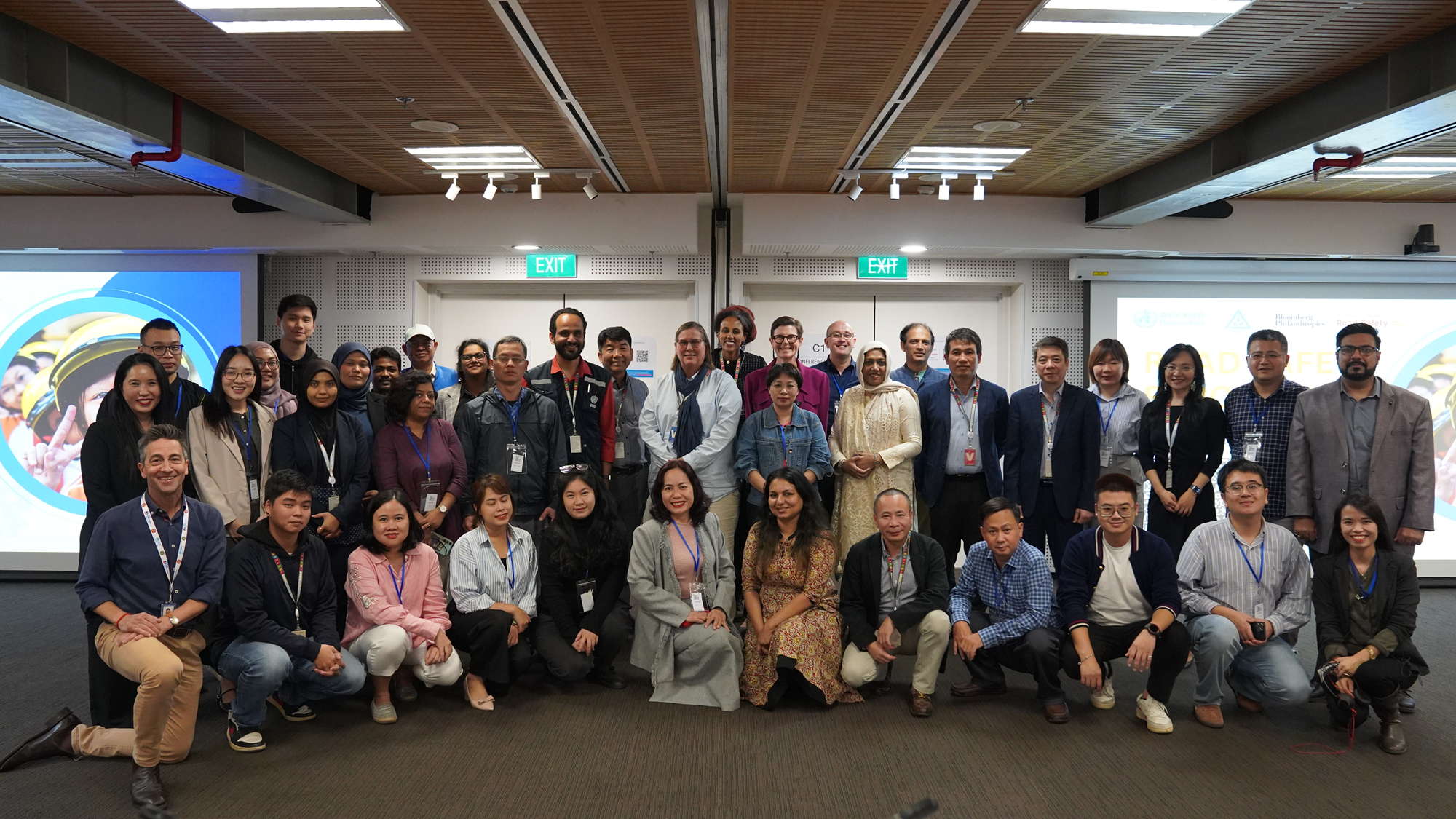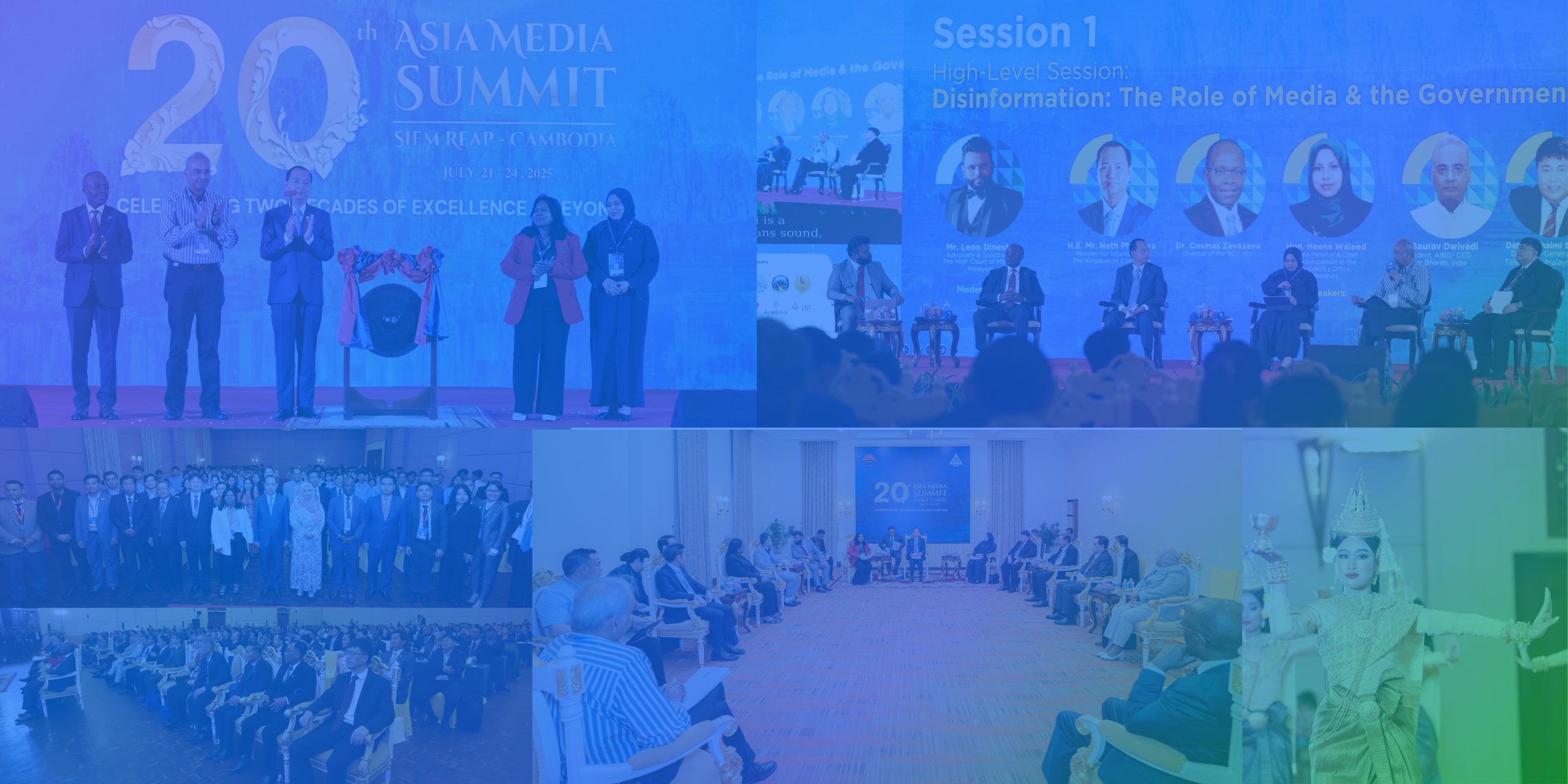
Empowering Journalists for Climate Change Reporting
From September 12–15, 2023, the AIBD hosted a four-day workshop on climate change reporting under a grant from HBF Japan. Seventeen journalists from Bhutan, Brunei Darussalam, India, the Maldives, Malaysia, Mauritius, Mongolia, Laos, Sri Lanka, and Vietnam participated in the workshop. The consultant for this workshop was climate change media executive Ms. Sannuta Raghu from India.
The workshop aimed to equip journalists with the knowledge and skills they need to report on climate change in a compelling and effective manner. During the activity, participants learned about the science of climate change, its impacts on people and communities, and the latest trends in climate change reporting. They also had the opportunity to develop their own newsroom strategies for climate change reporting.

On the first day of the workshop, participants delved into the basics of climate change and the concept of anthropocene, the unofficial geological era in which human activities have had a significant impact on the Earth’s ecosystems. The consultant delivered an informative discussion on the outcomes of COP27, the latest climate policy meeting of the countries party to the UNFCCC (United Nations Framework Convention on Climate Change) in 2022, and its impact on the 2030 goals.
On day two, participants learned about the scientific concepts of climate change. Discussions also revolved around the attribution of extreme weather events and the ongoing battle against climate misinformation. Participants were engaged in hands-on learning through a story clinic session where they shared their ideas on the multifaceted impacts of climate change on gender, livelihoods, poverty, biodiversity, and food and water security.
Day three focused on data and artificial intelligence (AI) in climate change reporting. Participants learned how to use data and AI to tell compelling stories about climate change. They also explored the complexities of climate policy, finance, greenwashing, energy, and adaptation.
On the final day of the workshop, participants worked in groups to design newsroom strategies for climate change reporting. They discussed ethical considerations and practical challenges in climate change reporting, and they shared case studies from their respective countries.
The workshop was a valuable opportunity for journalists to learn more about climate change and to develop their skills in reporting on this important issue.







